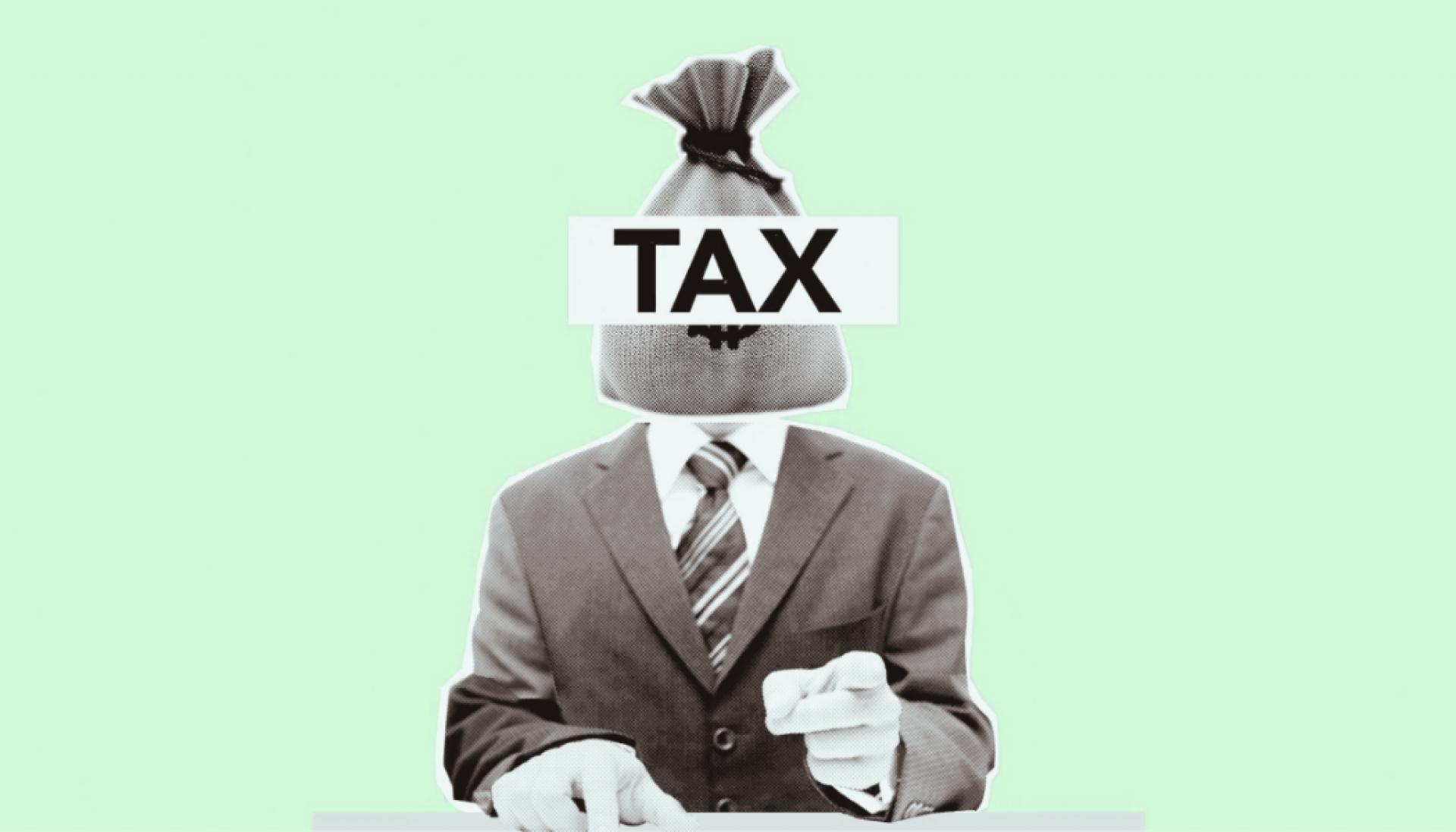HMRC's New Side Hustle Tax Rules: A US-Style Snooping Scheme?

Table of Contents
HMRC's New Reporting Requirements: What Side Hustlers Need to Know
The Expanding Net of Tax Reporting
HMRC's new rules significantly broaden the scope of tax reporting for those with side hustles. Previously, some income streams might have fallen under the radar, especially for those earning below certain thresholds. Now, the net is cast wider, capturing a much larger portion of the gig economy. This includes:
- Online Sales Platforms: Income from platforms like eBay, Etsy, and Amazon is under much stricter scrutiny. HMRC has access to sales data, making it easier to track income and ensure accurate tax reporting.
- Freelance Work: Freelancers, contractors, and consultants face stricter reporting requirements, often needing to provide more detailed records of their income and expenses.
- Rental Income: Those renting out properties, even through short-term rental platforms like Airbnb, are subject to more rigorous reporting.
- Income Thresholds: While precise thresholds vary depending on the type of income, the overall trend is a lowering of the bar, meaning more side hustlers are now required to file tax returns and pay taxes on their earnings. Failing to meet these requirements can lead to penalties.
Data Collection and Sharing Concerns
A major concern surrounding HMRC's new side hustle tax rules is the extent of data collection and sharing. HMRC is increasingly relying on data sharing agreements with online platforms to track income generated through these channels. This raises serious questions about:
- Data Privacy: What personal information is being collected? How is this data being stored and protected from potential breaches?
- Data Misuse: Is there sufficient transparency about how this data is used, and what safeguards are in place to prevent misuse?
- Lack of Transparency: Many side hustlers are concerned about the lack of clarity regarding the data collection process and the potential implications for their privacy.
Examples of data collected: This can include transaction details, personal identification information, bank account details, and even geographical location data. The potential for data breaches and subsequent identity theft is a significant concern.
Penalties for Non-Compliance
Failure to comply with HMRC's new side hustle tax rules can result in severe penalties, including:
- Fines: Significant financial penalties can be levied for inaccurate or incomplete tax returns.
- Interest Charges: Interest will accrue on any unpaid tax, adding to the financial burden.
- Increased Risk of Audits: HMRC is actively targeting side hustlers, conducting more frequent audits and investigations to ensure compliance.
The appeals process can be lengthy and complex, requiring professional legal or accounting advice.
Comparison with US Tax Practices: A Case of "Snooping"?
The US Model: Aggressive Tax Enforcement
The US Internal Revenue Service (IRS) employs aggressive tax enforcement techniques, including extensive data matching programs that cross-reference taxpayer information from various sources. This has led to concerns about overreach and potential abuses of power, particularly regarding privacy violations.
Balancing Tax Compliance with Individual Rights
The debate surrounding HMRC's new side hustle tax rules centres on the balance between ensuring tax compliance and protecting individual rights. Increased data collection inevitably raises ethical and legal concerns.
- Arguments for increased surveillance: Proponents argue that stricter enforcement is necessary to ensure fairness and prevent tax evasion, levelling the playing field between those with traditional employment and those in the gig economy.
- Arguments against increased surveillance: Critics argue that the new rules represent an overreach of government power, infringing on privacy and potentially chilling entrepreneurial activity. They advocate for a more proportionate and less intrusive approach to tax collection.
The Impact on the UK Gig Economy
The Effect on Small Businesses and Entrepreneurs
The new rules could negatively impact small businesses and entrepreneurs in the UK gig economy. The increased administrative burden of complying with complex reporting requirements may discourage some from pursuing side hustles, hindering innovation and economic growth.
The Future of Self-Employment in the UK
The long-term effects of these regulations on the UK gig economy remain uncertain. The stricter rules may lead to a shift in how individuals operate within the gig economy, potentially impacting the ease of entry and overall flexibility. This calls for the development of more streamlined and user-friendly reporting systems, and perhaps even adjustments to the current tax framework.
Conclusion: Navigating HMRC's New Side Hustle Tax Rules
HMRC's new regulations for side hustlers have broadened the scope of tax reporting, raising significant concerns about data privacy and the potential for excessive surveillance. While the aim of ensuring tax compliance is understandable, the aggressive data collection methods raise ethical questions and could stifle entrepreneurial activity. Side hustlers must understand their obligations under these new rules to avoid penalties. It's crucial to keep accurate records of all income and expenses and to seek professional tax advice to ensure compliance.
Call to action: Stay informed about changes in HMRC's side hustle tax rules. Seek professional advice from a qualified accountant or tax advisor to ensure you are meeting your tax obligations and protecting your personal data. For more information, consult the official HMRC website [insert link here] and consider exploring resources provided by reputable tax advice firms [insert link here]. Understanding and complying with HMRC's side hustle tax rules is essential for the continued success and growth of the UK's vibrant gig economy.

Featured Posts
-
 Sygklonistiki Diamaxi Sto Tampoy Toy Mega Ektoras Kai Persa Antimetopoi
May 20, 2025
Sygklonistiki Diamaxi Sto Tampoy Toy Mega Ektoras Kai Persa Antimetopoi
May 20, 2025 -
 Justices Alito And Roberts A Look Back At Two Decades On The Supreme Court
May 20, 2025
Justices Alito And Roberts A Look Back At Two Decades On The Supreme Court
May 20, 2025 -
 Snl 50th Season Finale Shatters Viewership Records
May 20, 2025
Snl 50th Season Finale Shatters Viewership Records
May 20, 2025 -
 Find The Answers Nyt Mini Crossword March 15
May 20, 2025
Find The Answers Nyt Mini Crossword March 15
May 20, 2025 -
 Michael Schumacher Grand Pere Pour La Premiere Fois D Une Petite Fille
May 20, 2025
Michael Schumacher Grand Pere Pour La Premiere Fois D Une Petite Fille
May 20, 2025
